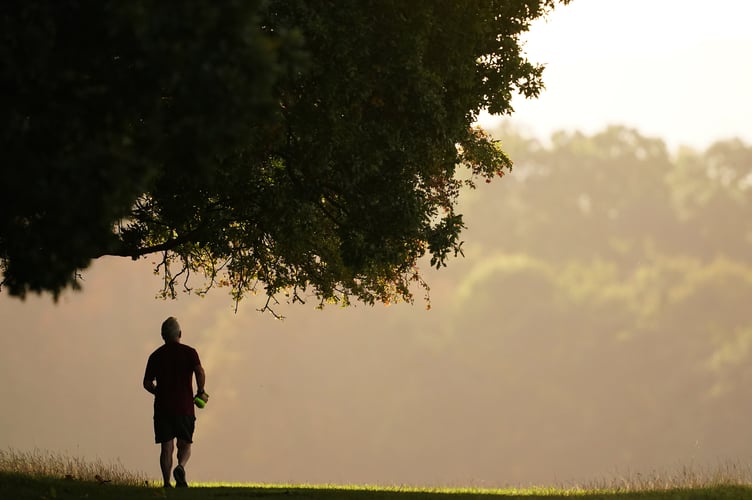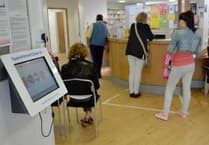Adults in Woking are more active than the average person in England, new figures revealed.
Sport England said its Active Lives survey shows 2 million more people are exercising regularly compared to 2016. However, it also shows longstanding inequalities remain, with those living in deprived areas still less likely to be active.
The figures from the survey show 65% of 507 respondents aged over 16 in Woking said they were active in the year to November, exercising for more than two and a half hours a week – down from 70% the year before.
This was a higher rate than the national average, where 63% of people had a regular physical activity.
The levels of activity across England remained relatively unchanged since the previous survey in 2021-22, with 29.5 million people meeting the Chief Medical Officers’ guidelines of doing 150 minutes or more of moderate intensity physical activity a week.
The Institute for Public Policy Research pointed at a “growing divide in activity levels based on where someone lives”.
Stephen Frost, principal research fellow at the think tank, said: “Last year, a third of people in the most deprived neighbourhoods are considered inactive compared to a fifth of those in the least deprived.
“The number of people considered active in the most deprived areas has dropped by 2.5% in the last seven years.”
He added: “Across the regions we are seeing some signs of growth in physical activity but generally only in the places that were already doing well – while the West Midlands and the North East have seen barely any change in the numbers of active people in the last seven years.
“If anything speaks to the failure of levelling up it is the inability to address these inequalities in access to healthy places between the UK’s communities.”
The figures also show 12% of adults in Woking said they were fairly active, exercising between 30 and 149 minutes a week.
Meanwhile, 23% said they were inactive – up from 18% the year before and from 20% in 2015-16.
Councillor Liz Green, chair of the Local Government Association’s Culture, Tourism and Sport Board, said physical inactivity has a detrimental impact on personal health, and the wider economy.
“We need to tackle the inequalities within our communities which affect access to adults based on their location, wealth, age, ethnicity and gender,” she added.
She said access to public leisure centres and green spaces is key to get more adults active.
Tim Hollingsworth, CEO of Sport England, said: “Through intelligent and targeted investment it is possible to increase activity levels and impact positively on people’s lives.”
He added: “At the moment, how likely you are to be active depends too much on your bank balance and your postcode.
“That’s why we will continue to target our investment in places where it can make the biggest difference and on the groups who have most to gain.”




